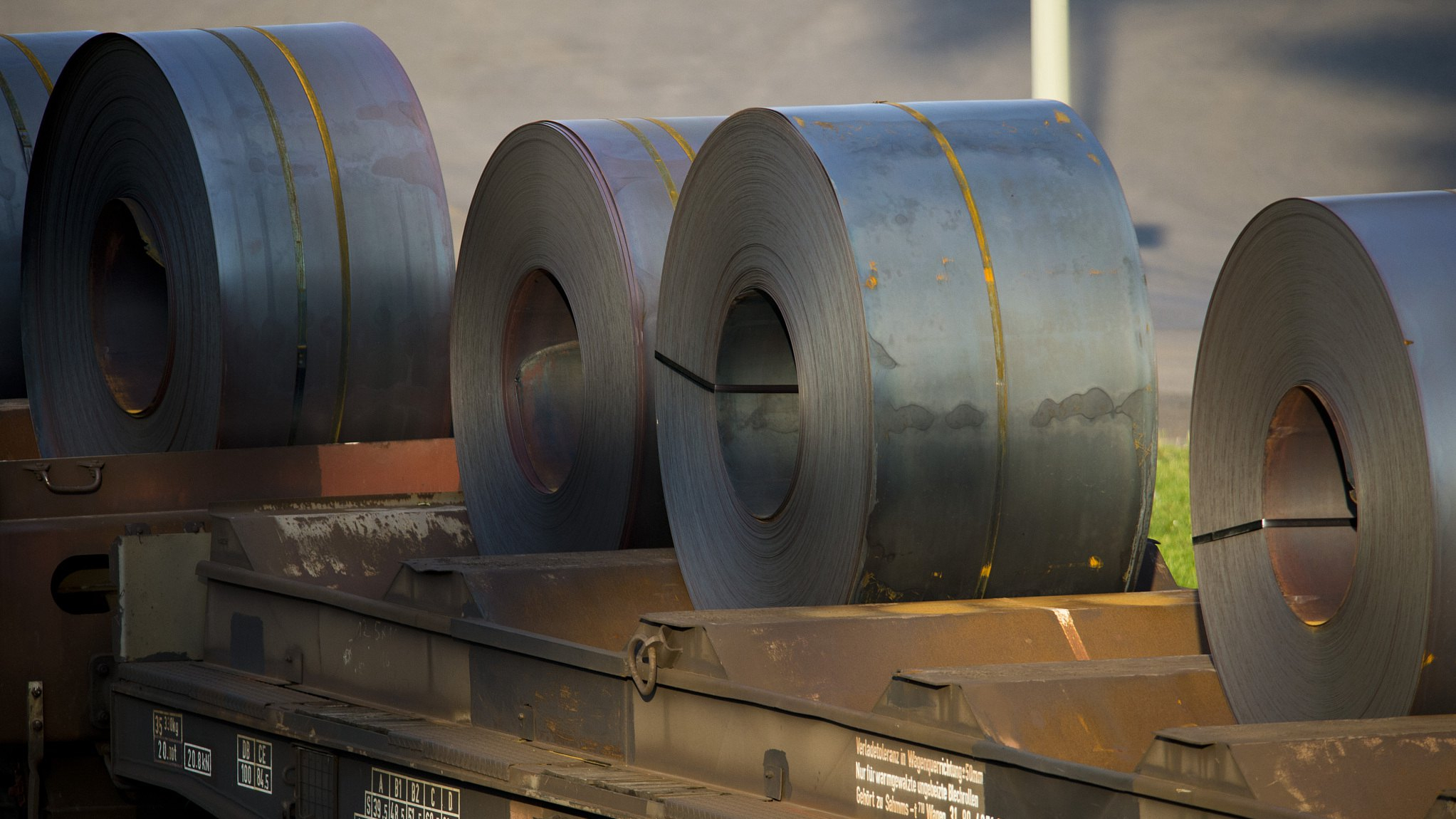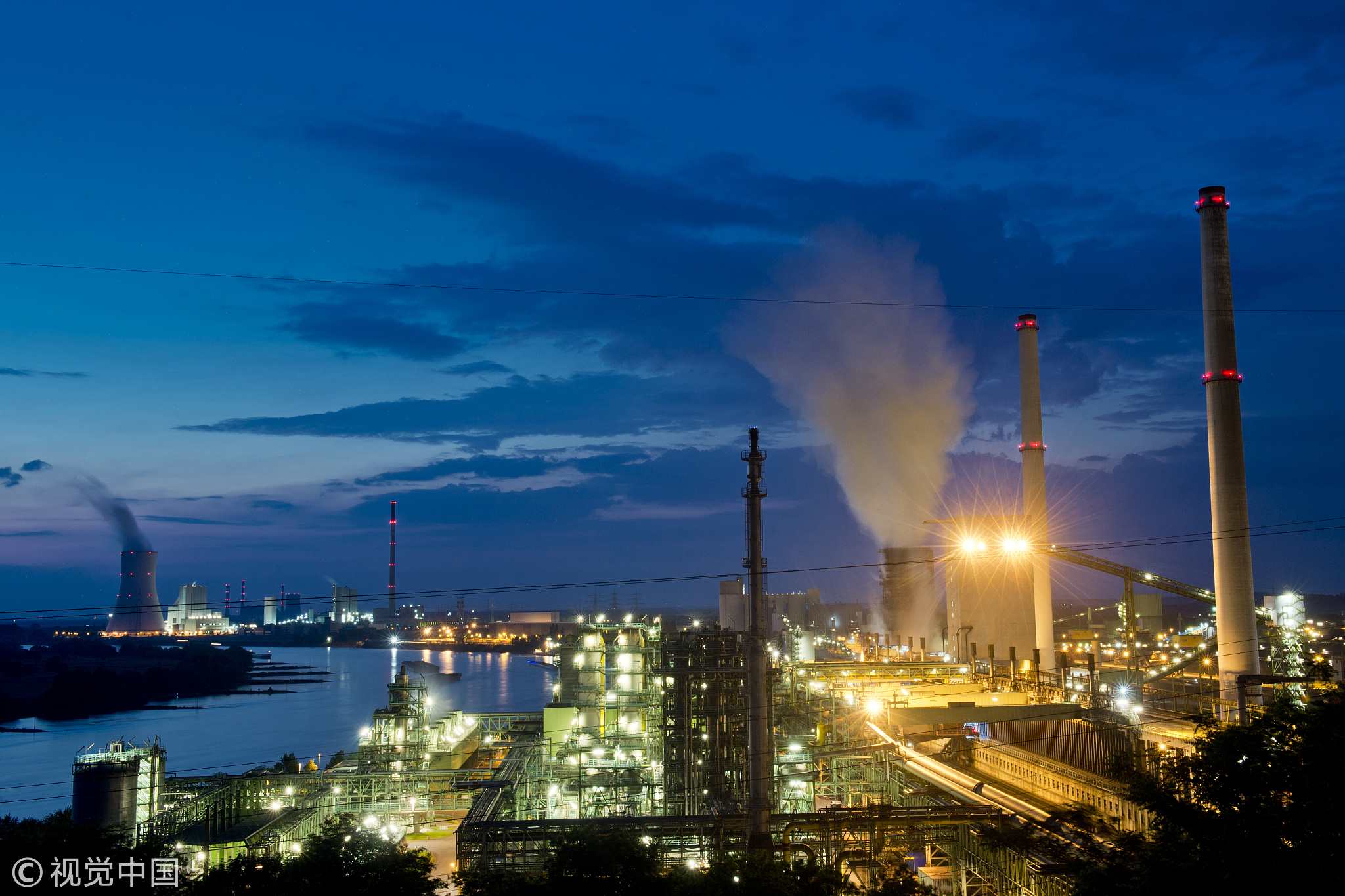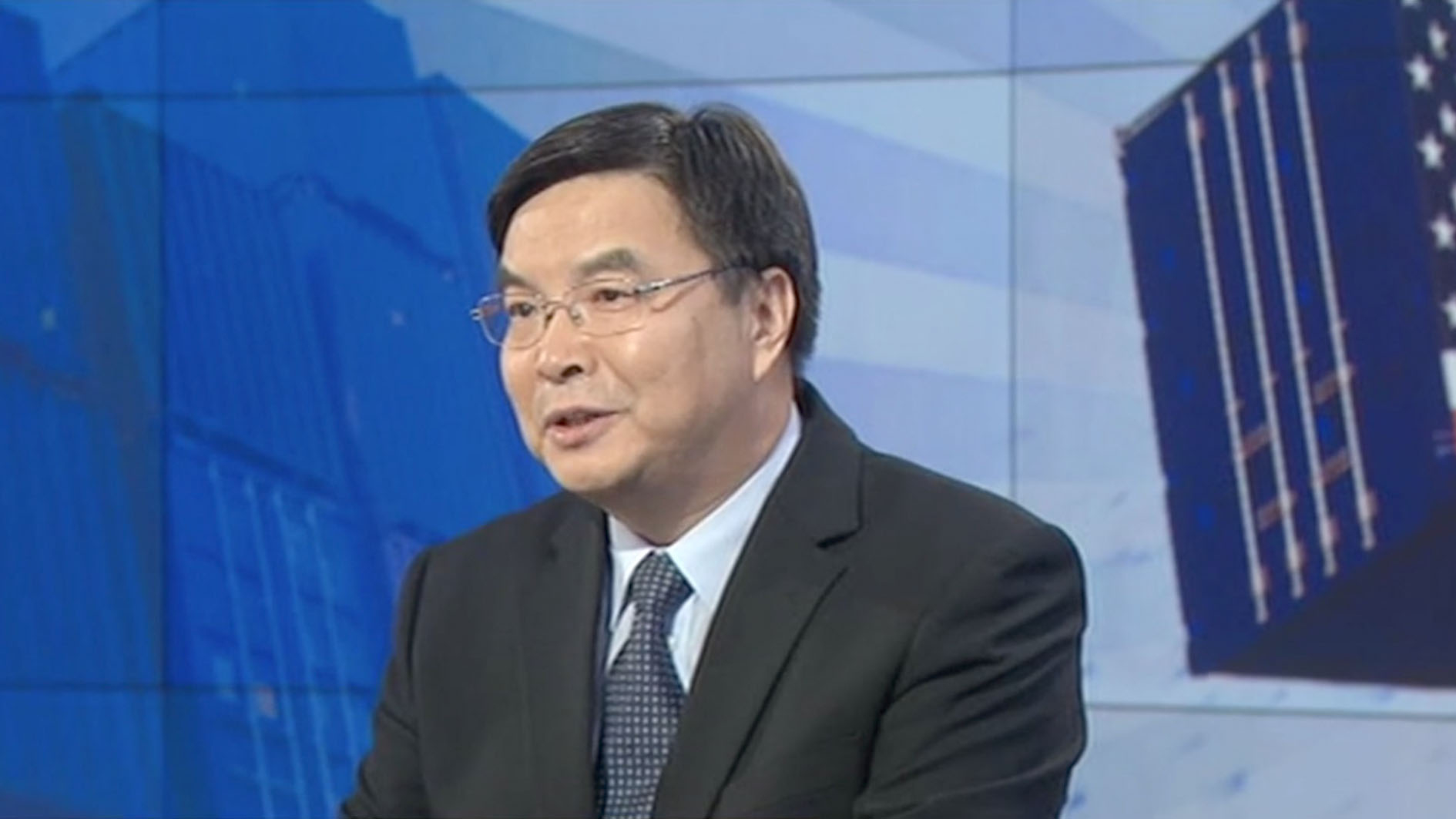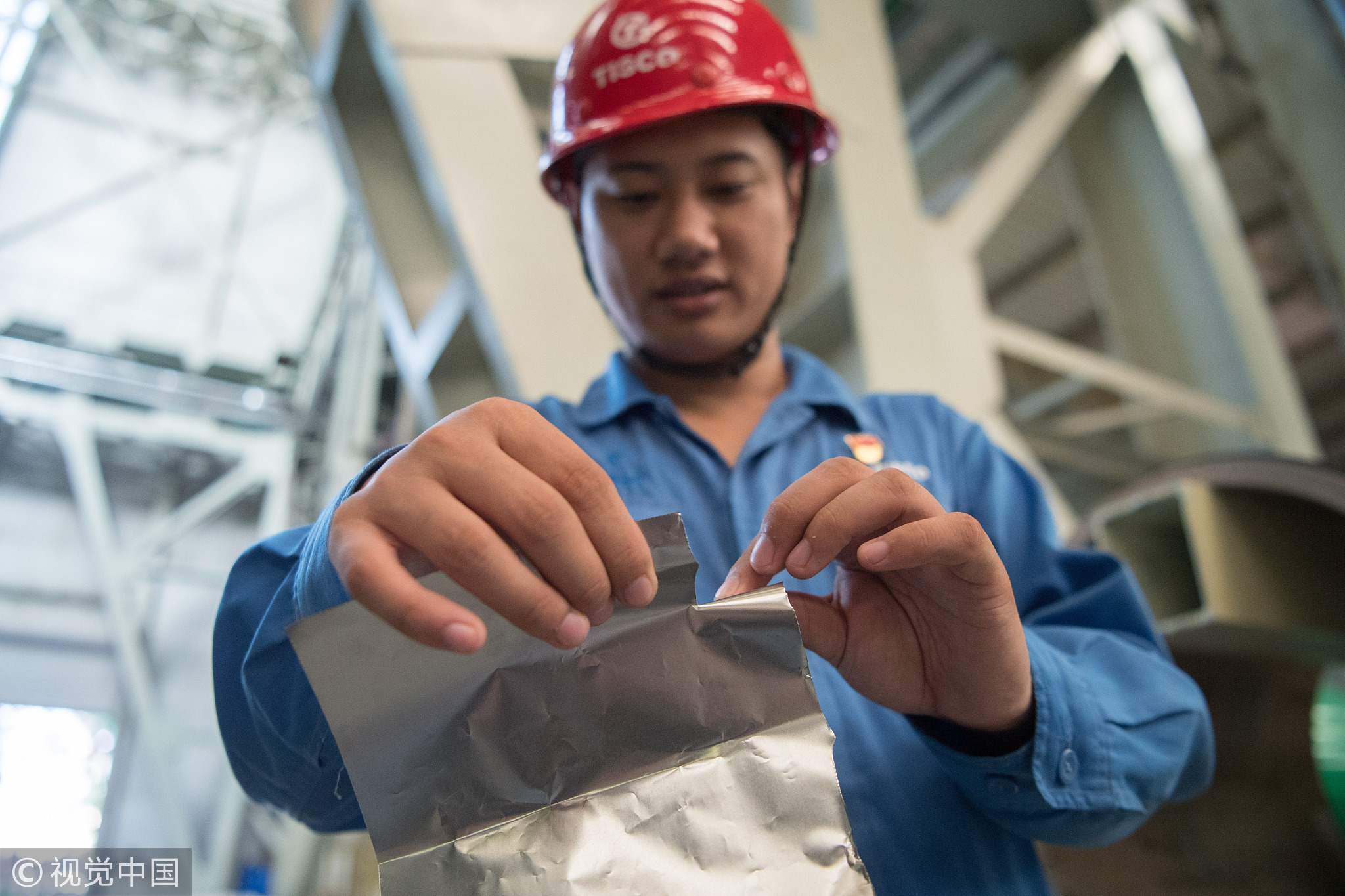
Opinions
19:32, 27-Aug-2018
Opinion: The trade war launched by the US will crush itself
Updated
19:17, 30-Aug-2018
By CGTN's Zhang Xin

Editor's note: This article is based on an interview with Zhao Zhongxiu, Vice President at the University of International Business and Economics. The article reflects the author's opinions, and not necessarily the views of CGTN.
The tariff conflict between China and the US is having a significant impact on many sectors, one of which is the US shipbuilding industry since it is highly dependent on China's aluminum and other components. It is also highly difficult to find alternatives to these materials which have undergone tariff hikes, the Maritime China Magazine said on its social media Weibo page on Aug. 23.
The chief executive of American Correct Craft company, Bill Yeargin, concurs with this sentiment, saying that US import and export taxes are crushing US shipbuilders and workers, negatively impacting the entire industry.
Yeargin added that finding alternatives to Chinese products is "not so easy at all," and that it is “impossible” to replace Chinese suppliers – they have tried products from across the United States, but they are not suitable for their requirements. They had to go back and work with the Chinese company through the high tariffs.
These higher import taxes are difficult to accept, and will most likely be passed onto consumers through price increases.

Steam from a cooling tower rises up to the sky at ThyssenKrupp Schwelgern steel plant illuminated at twilight on May 30, 2018, in Duisburg, Germany. /VCG Photo.
Steam from a cooling tower rises up to the sky at ThyssenKrupp Schwelgern steel plant illuminated at twilight on May 30, 2018, in Duisburg, Germany. /VCG Photo.
The American Shipbuilding Association issued a statement saying that yachts are usually used only for leisure and entertainment, so consumers are very sensitive to price changes.
The price increase will not only lead to a decline in the demand for yachts but also affect the employment of 650,000 employees in the US shipbuilding industry. Many small shipyards will probably face a crisis of layoffs.
The International Monetary Fund has warned that President Trump's new tariffs could damage the domestic economy and prompt retaliation from other countries, according to Reuters. The IMF also stated that a cycle of retaliation on trade would interrupt global and regional supply chains.
Six months after the US announced 25 percent tariffs on imported steel, the effects are being felt in the country's shipbuilding industry.
02:14

Zhao Zhongxiu, Vice President at the University of International Business and Economics in Beijing, concurred with the IMF report, saying that the trade war would damage the global supply chain, and noting that China is a core part of the three international production networks in the global economy.
"Trade war will lead to a global recession if it goes further. That is irrational," Zhao said.
For Chinese steel companies, it is another story. Tisco (Taiyuan Iron and Steel Company) is one of China's largest steel producers, with their total export volume in the first half of 2018 increasing by 10 percent through the trade war.
Wang Tianxiang, a manager from Tisco explained why US clients describe Chinese steel as "irreplaceable."
After the US posted 25-percent tariffs on imported steel products, the US clients suspended business for about two months, but they couldn't find another supplier as good as the Chinese. Eventually, they decided to pay 70 percent of the new tariffs, while their agents will pay another 30 percent.

Tisco worker tears a piece of stainless steel with a thickness of 0.02 mm by hand, in Taiyuan, China, on August 8, 2018. /VCG Photo.
Tisco worker tears a piece of stainless steel with a thickness of 0.02 mm by hand, in Taiyuan, China, on August 8, 2018. /VCG Photo.
"They believe Chinese products are irreplaceable in the import chain," Wang said.
In recent years, besides maintaining a traditional export market, Tisco has focused more on new emerging markets along the Belt and Road, including Southeast Asia, the Middle East, and the CIS countries.
Tisco is also putting more effort into making technological breakthroughs now that the company is making more high-tech products that other countries cannot manufacture.
The US prepared to impose a 25 percent tariff on Chinese goods on Aug. 23, but over 400 US companies applied to speak during the hearings. The United States Trade Representative (USTR) had to extend the meeting dates for another three days.
Zhao thinks that even though there is a supermajority of representatives in the hearing that are against the tariffs, USTR still wants to go through the superficial motions of a hearing process yet increase tariffs on a wider range of Chinese products in order to stymie the development of China.

SITEMAP
Copyright © 2018 CGTN. Beijing ICP prepared NO.16065310-3
Copyright © 2018 CGTN. Beijing ICP prepared NO.16065310-3